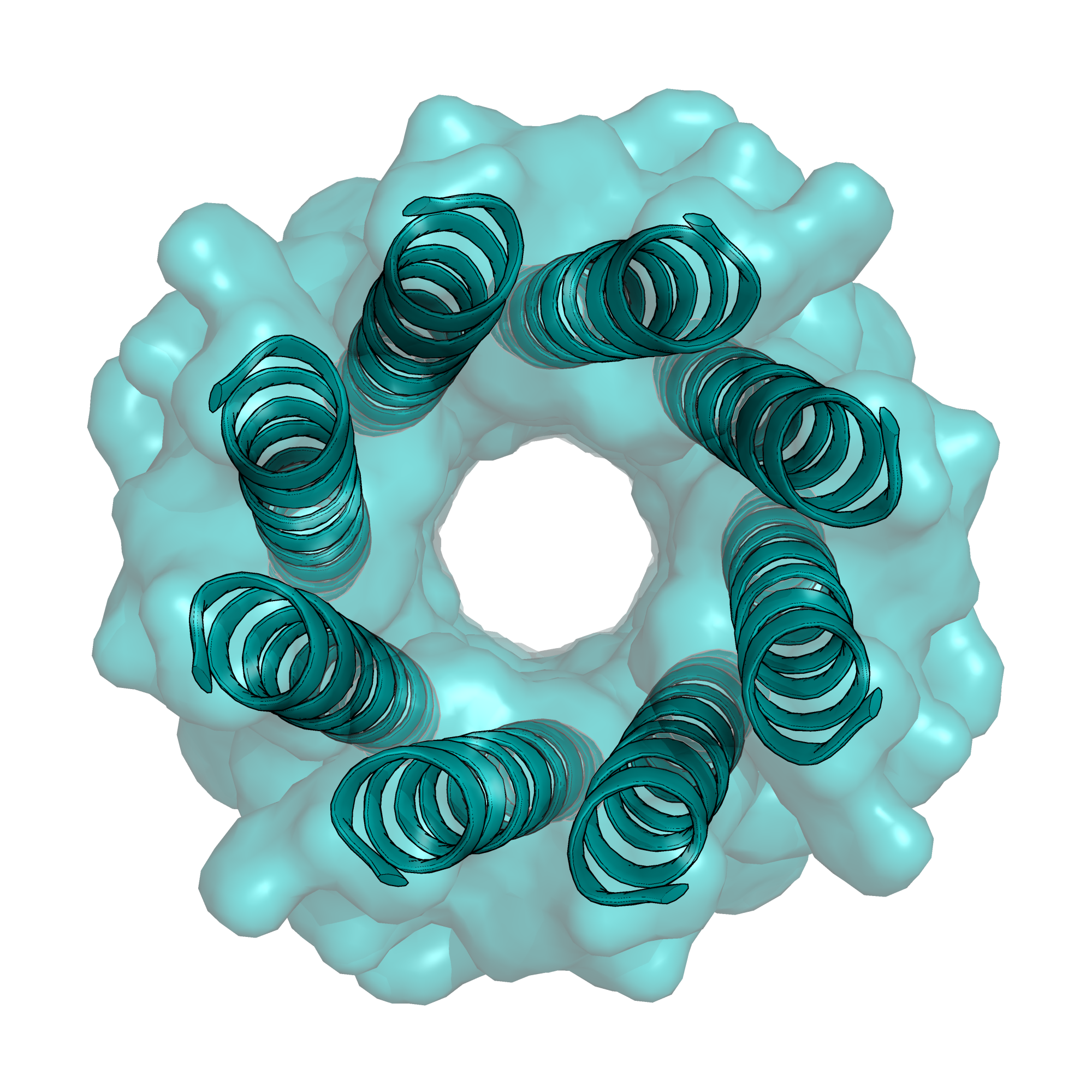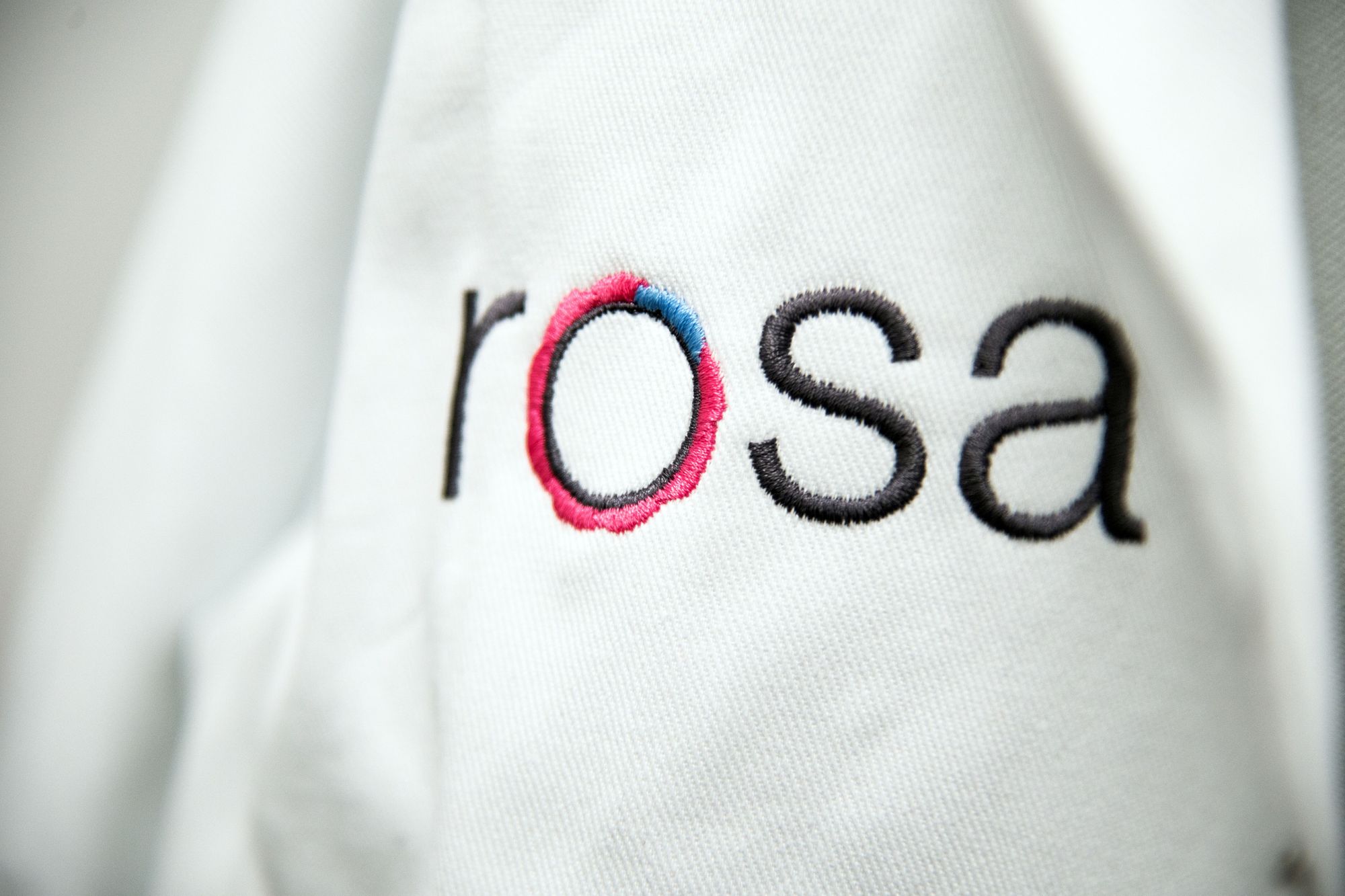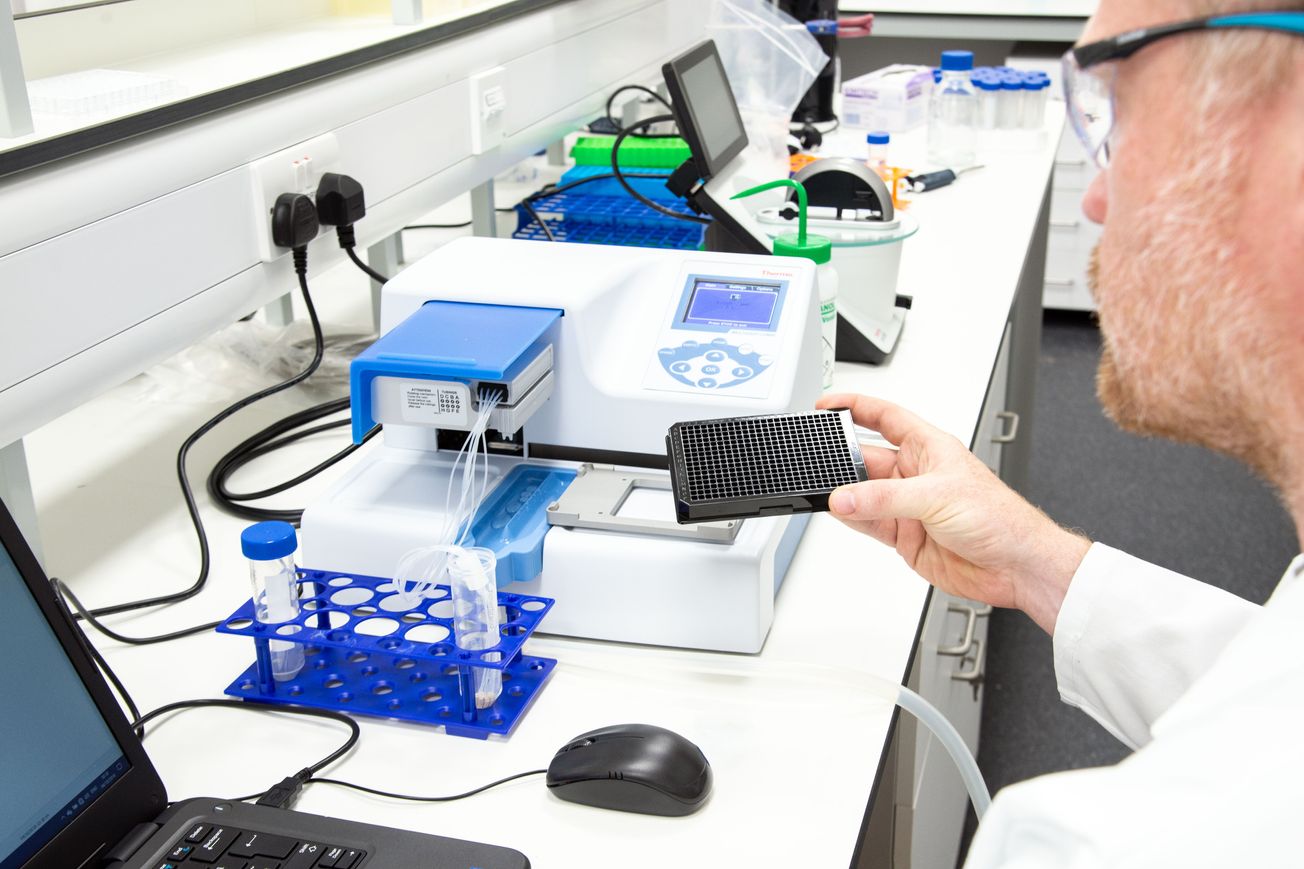By Vilhelmiina Haavisto, SciTech Editor
It has been a fruitful past few months for Rosa Biotech – the bio-sensing company won both a prestigious prize and substantial investment money.
Rosa Biotech, a University of Bristol spin-out company incorporated earlier this year, recently clinched £760,000 in funding and won the Royal Society of Chemistry Emerging Technologies prize in the health category. ‘The team have been really stoked with our achievements,’ Rosa Biotech CEO Dr Andy Boyce told Epigram. ‘We are a small company with just four full-time employees, so everyone contributes and therefore everyone gets to enjoy the fruits of our successes.’
The company works in bio-sensing: the ability for machines to mimic the complex and versatile olfactory system that mammals, such as ourselves, use to smell. This approach is a departure from traditional biosensors that can only detect one kind of molecule, and is achieved through designing barrel-shaped proteins on a computer.

Rosa Biotech was established to refine the research of Professor Woolfson’s group from the School of Chemistry and Bristol BioDesign Institute, the University’s specialist research institute for synthetic biology. Their sensing platform has potential applications in fields such as medicine and biotechnology, where the detection of different chemicals is of major importance for daily tasks. Professor Woolfson explained that ‘by recording patterns for healthy and diseased samples, [the team] hopes to build sensors for early-stage diagnosis of disease.’
The barrel-shaped proteins change colour when exposed to substances such as ‘bodily fluids that may show signs of disease’, Professor Woolfson explained. The proteins are arranged into arrays and loaded with different dyes. The colour changes that occur in response to the sample that is tested create distinct patterns for different substances. These are in turn interpreted by machine learning algorithms to determine what the sample might be.
| Shoot for the stars: Bristol's scientific start-up boom
Dr Boyce noted that the technology is the result of ‘many years of blue-sky (curiosity-driven) research’ in the Woolfson lab. ‘Initially,’ he recounted, ‘they were just pushing the limits of what could be made by protein design.’ Professor Woolfson asserted that these custom-designed proteins are ‘much simpler, easier to make and easier to handle’ than the real proteins of the mammalian olfactory system.

The opportunity for the research efforts to go commercial came from a ‘serendipitous conversation’ between Professor Woolfson and a pharmaceutical company scientist, who had identified a particular sensing challenge that they had. Within two years, which Dr Boyce remarks is very rapid, the fully formed spin-out company was up and running.
| Titans of Touch Technology: We speak to Ultraleap. | Enterprise Week
In light of these recent successes and looking ahead, Dr Boyce outlined Rosa Biotech’s main goals for 2020. These include continuing to improve their ‘core sensing technology’, as well as delivering on pilot industry projects and ‘honing in on specific diseases’ to demonstrate the technology’s potential for diagnostic use.
Next awards ceremony, we will try not to be the scruffiest company there! Contratz to all the other winners. It was a fantastic field #innovation #chemistry #synbio https://t.co/SXf6ddjbRF
— rosabiotech (@rosabiotech) November 1, 2019
Rosa Biotech’s work drew the attention of local business angels – investors who provide capital for start-ups – including Bristol-based company Ziylo’s founders. This attention resulted in the team closing a £760,000 founding investment – one of the largest of any University of Bristol spin-out company. Rosa Biotech is based at the Unit DX biosciences hub near Temple Meads, where many other start-ups, including Ziylo which was famously sold to diabetes healthcare giant Novo Nordisk for $800 million in 2018, had their start.
Featured image: Rosa Biotech
Have you worked at a start-up? Get in touch!









